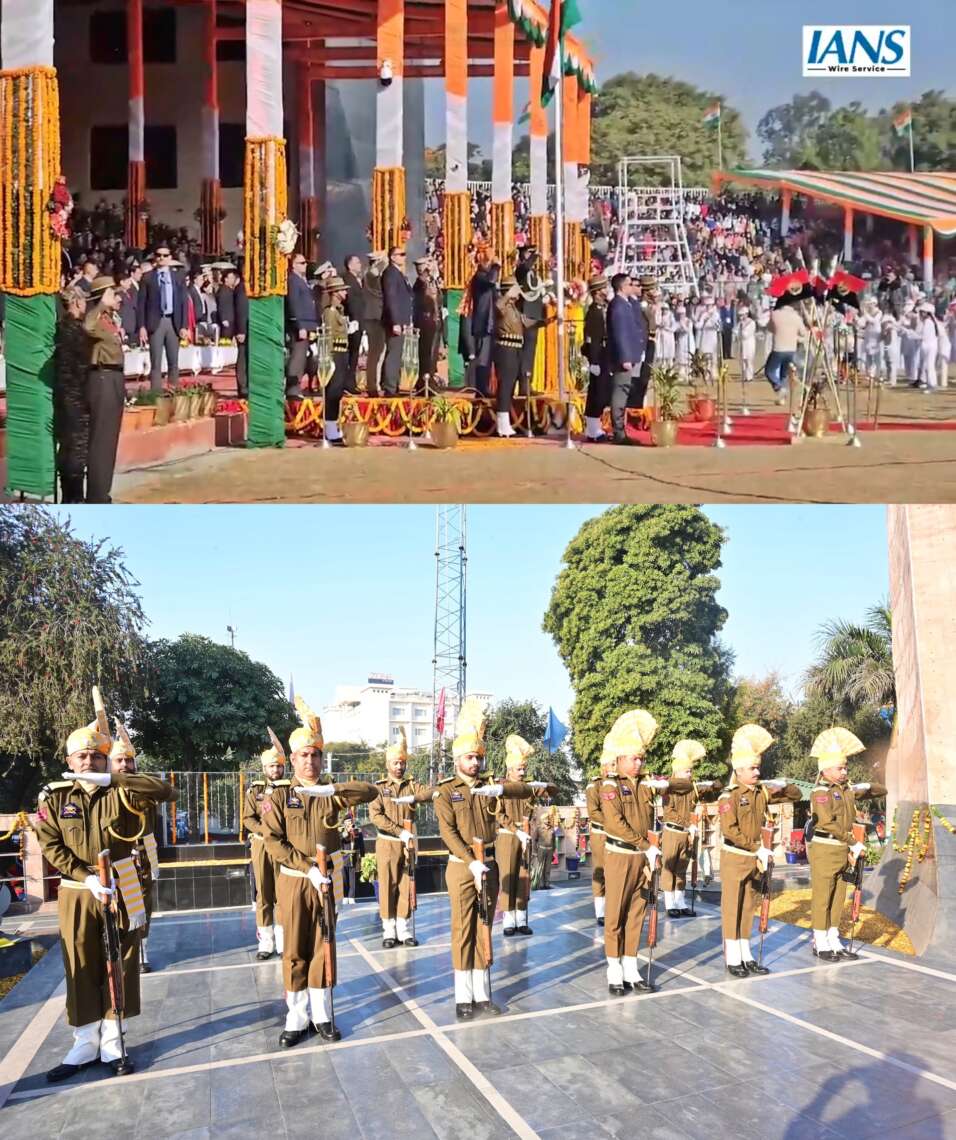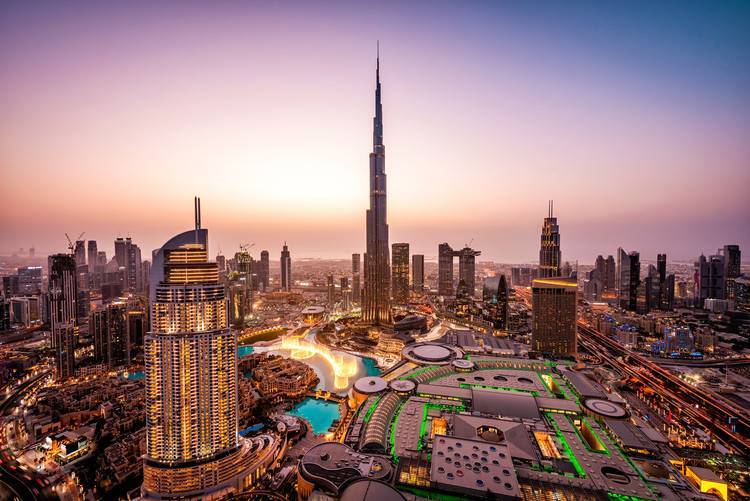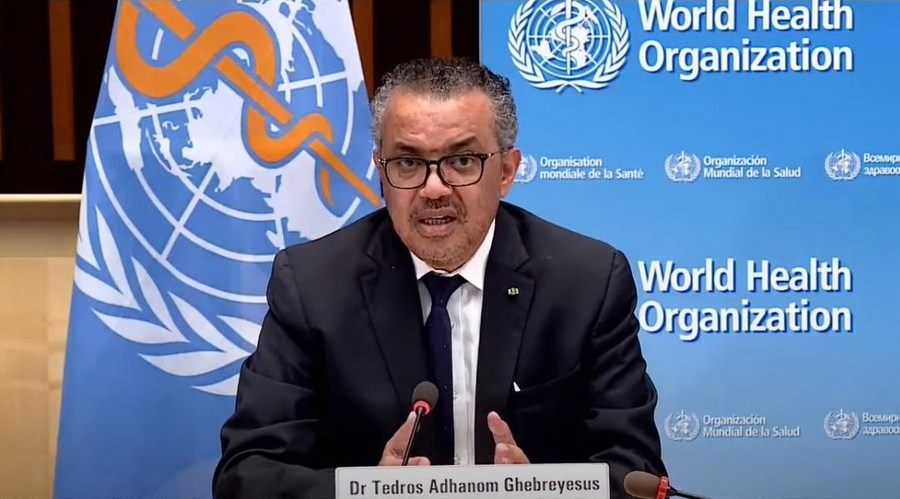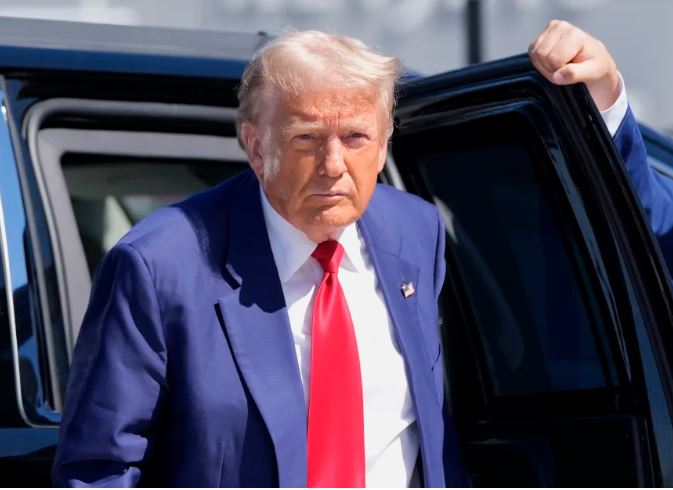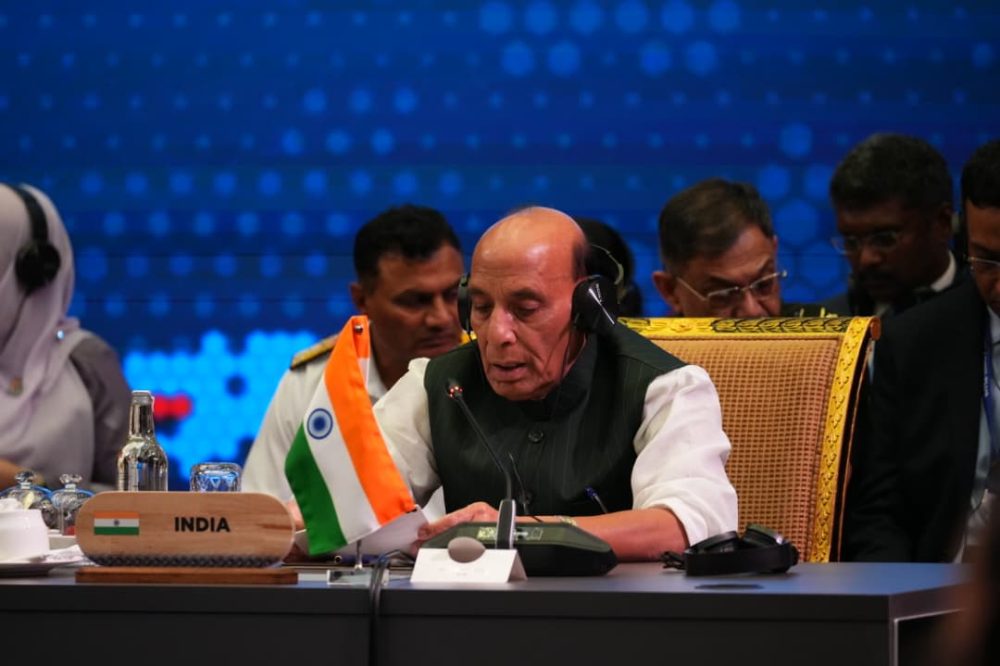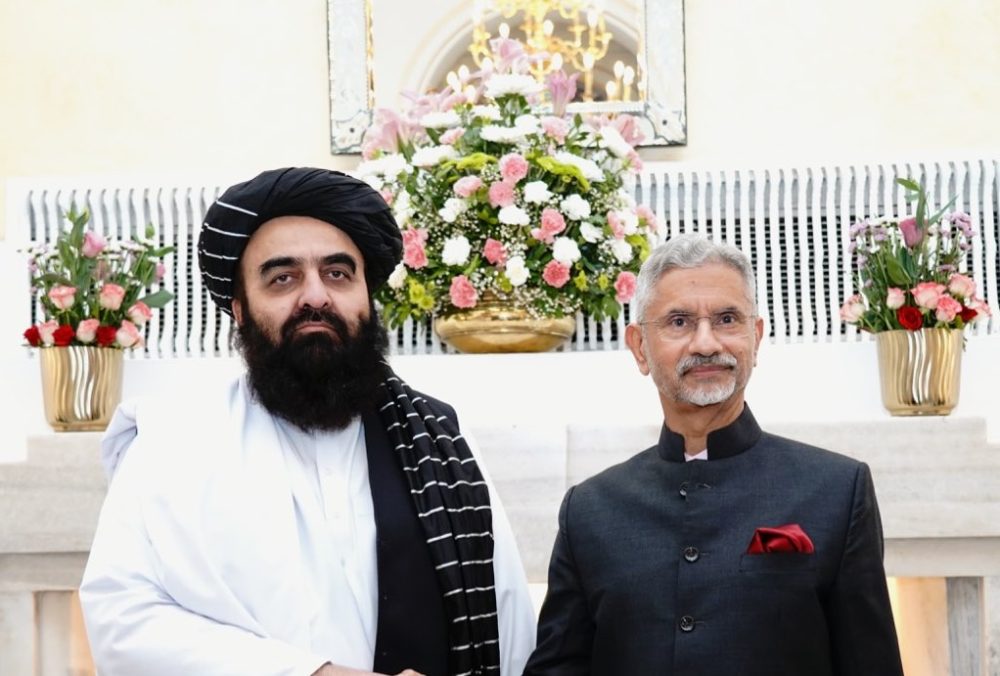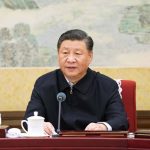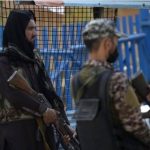Sheikh Abdulla bin Mohammed bin Butti Al Hamed, Chairman of the National Media Office (NMO) and Chairman of the UAE Media Council, highlights urgency of consolidating Gulf media unity and integration…reports Asian Lite News
Sheikh Abdulla bin Mohammed bin Butti Al Hamed, Chairman of the National Media Office (NMO) and Chairman of the UAE Media Council, participated in the 27th Gulf Cooperation Council (GCC) Information Ministers Meeting in Doha.
The meeting included the participation of GCC information ministers and was attended by GCC Secretary-General Jasem Mohamed AlBudaiwi.
Sheikh Abdullah Al Hamed, while leading the UAE delegation, emphasised the urgency of consolidating Gulf media unity and integration amidst regional and global challenges. He was accompanied by Mohammed Saeed Al Shehhi, Secretary-General of the UAE Media Council, and Dr. Jamal Mohammed Obaid Al Kaabi, Director-General of the NMO.
He stated, “There is an urgent need to unify the Gulf media discourse and coordinate among various media outlets, guided by necessary professionalism, agreed-upon principles, and a shared code of honour.”
He added, “We believe in our ability to provide a roadmap for a modern, enlightened Gulf media that confidently faces all challenges, comprehends the rapid changes in the world, keeps pace with the comprehensive and sustainable development achieved by the GCC countries, expresses this honestly and professionally, and conveys a realistic picture of the GCC countries’ achievements to the world.”
Sheikh Abdullah Al Hamed stressed the importance of developing joint Gulf media strategies that keep pace with rapid media developments and contribute to strengthening the position of the GCC countries on the international scene, calling for building an integrated and advanced media system.
He stated that confronting the challenges surrounding the media sector in the GCC countries requires a clear Gulf vision, joint coordination, and a multi-stage strategy.
He called for continuing to build on the progress made in developing an awareness strategy for managing electronic communication networks, with the aim of maximising their benefits while minimising risks to new generations and the traditional Gulf value system. Additionally, he emphasised the importance of fostering constructive and innovative interaction between the media and artificial intelligence.
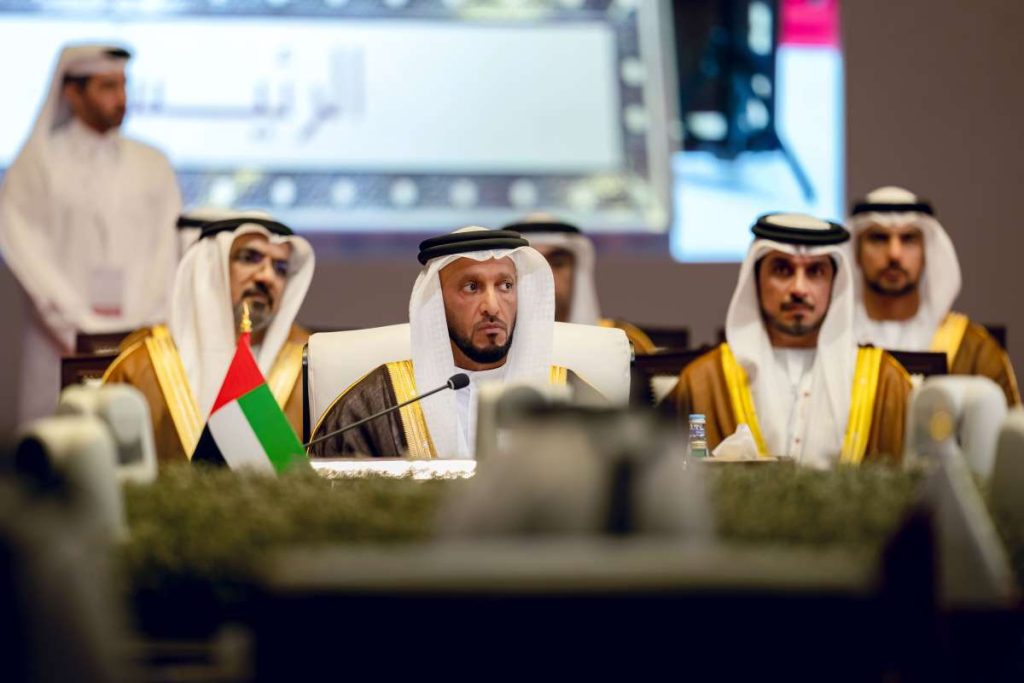
During the meeting, the UAE delegation presented several proposals for joint work. One key proposal was to establish a unified information database for the Gulf Cooperation Council countries. This database would facilitate the flow and exchange of information and media content between member states, serving as a central repository for sharing media data and visual and audio materials in an immediate and reliable manner. This initiative aims to enhance media transparency and help unify media messages across different countries.
The UAE delegation also proposed conducting a comprehensive study on the future of artificial intelligence and its increasing impact on the media sector. This study aims to anticipate future trends and identify the opportunities and challenges facing this vital sector.
The meeting deliberated on various agenda items, with a focus on enhancing joint cooperation in the field of electronic media. Key discussions included establishing regulatory controls for commercial advertising mechanisms across social media sites and platforms, initiating the “Child Digital Safety” in the GCC countries, and formulating a collaborative awareness plan to safeguard morals, foster socialisation, and promote Gulf values and identity.
The GCC Ministers of Information also discussed the recommendations put forth by various media committees that convened recently under the auspices of the GCC. These recommendations encompass initiatives aligned with implementing the directives of the wise leadership of the Gulf Cooperation Council countries.
They reviewed the enhancement of joint cooperation in the realms of radio, television, and news agencies, as well as strategies for developing Gulf media. Additionally, they discussed coordinating media efforts to bolster the positive image of the GCC countries regionally and internationally.
Furthermore, they examined the report of the GCC Joint Programme Production Foundation and the report of the Gulf Radio and Television Corporation.
ALSO READ-Houthis fired ballistic missile over Gulf of Aden: US




